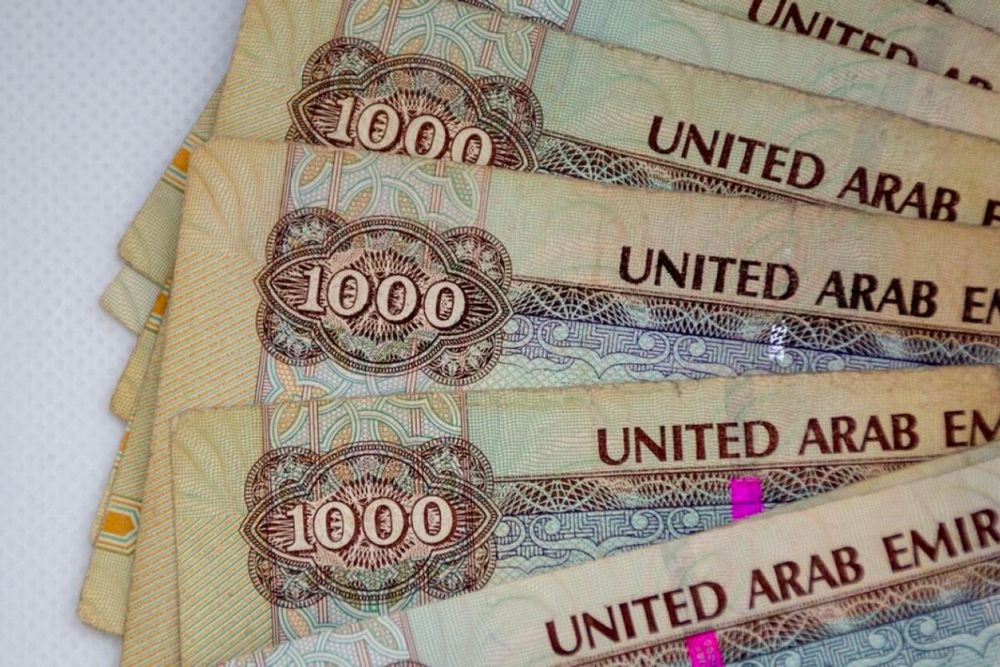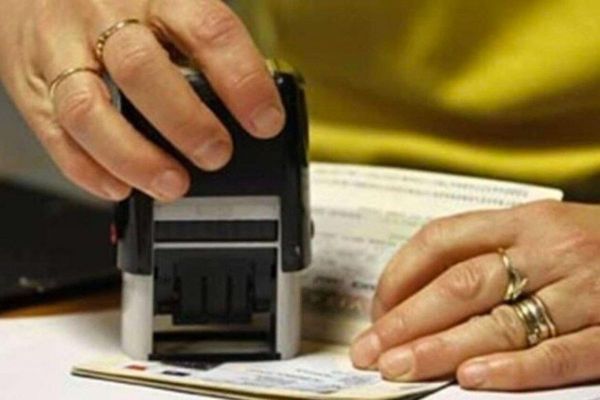A reader asks if they can renegotiate lower EMIs.
Question: As a cost-cutting measure, I have had to take a pay cut. I have a year's EMIs pending on my car loan, but no other liabilities. Can my vehicle be confiscated if I default on payments? What's the legal procedure involved? Can I renegotiate lower EMIs?
Answer: Pursuant to your query, the provisions of Notice No. 3692/2012 of Central Bank of the UAE pertaining to General Terms & Conditions and Loan Agreements texts drafted and approved by Emirates Bank Association and Federal Decree Law No. 14 of 2020 Amending Certain Provisions of the Federal Law No. 18 of 1993 Concerning the Commercial Transaction Law are applicable.
In the UAE, on obtaining a vehicle loan from a lender, a borrower needs to pay the monthly instalments of loans as agreed.
In the event of non-payment of three consecutive instalments or six non-consecutive instalments of vehicle loan by a borrower to a lender, it is considered as default in accordance with Article 5 (4) of the Auto Loan Agreement format of Loan Agreements Formats Approved by Central Bank of UAE, which states,
"The Loan elapses and all the instalments, interests and any other fees and expenses become due and payable immediately without having to give any notification or any court ruling and without prejudice to any other rights of the Bank according to this Agreement or in accordance with the law in the event of the occurrence of any of the listed below events:
If the borrower failed to pay three consecutive instalments or six non-consecutive instalments of the monthly instalments without the approval of the Bank.”
Meanwhile, when a lender grants an auto loan to a borrower, it obtains a hypothecation charge under Article 2(1) under Securities and Documentation of the Auto Loan Agreement format of Loan Agreements Formats Approved by Central Bank of UAE, which states,
“As a guarantee and security to pay the loan, interests, commissions, fees, and any other amounts become due under this Agreement, the borrower commits and undertakes to place a first-degree hypothecation over the car with the competent authorities in favour of the Bank.”
In the event of default of a vehicle loan by a borrower, a lender may file a civil case against the borrower in the court which has jurisdiction and obtain a judgement to seize the hypothecated vehicle of a borrower and sell it through auction. However, if the amount received by a lender from the sale of the hypothecated vehicle by auction is lesser than the outstanding amount payable by a borrower, then a borrower may have to pay the remaining outstanding amount to a lender in accordance with Article 4 (4) of the Auto Loan Agreement format of Loan Agreement Formats Approved by Central Bank.
Based on the aforementioned law, in the event of default, the lender may deposit the security cheque (if provided by the borrower to the lender) for collection with its bank. If the security cheque issued by you to the lender is dishonoured due to insufficient funds, the lender may consider filing a civil execution case against you for the recovery of the amount mentioned in the dishonoured cheque.
This is in accordance with Article 635 of the Amended Commercial Transactions Law.
The lender may also apply to the court to impose a travel ban on you which may refrain you from travelling outside the UAE.
You may approach the lender and request to restructure your vehicle loan due to a reduction in your salary. In the event your lender agrees to restructure your vehicle loan and reduce the monthly instalment amount, then you may have to submit relevant documents to confirm that you are currently receiving a lesser salary than the salary which you used to withdraw at the time the vehicle loan was granted to you by the lender.
News Source: Khaleej Times









